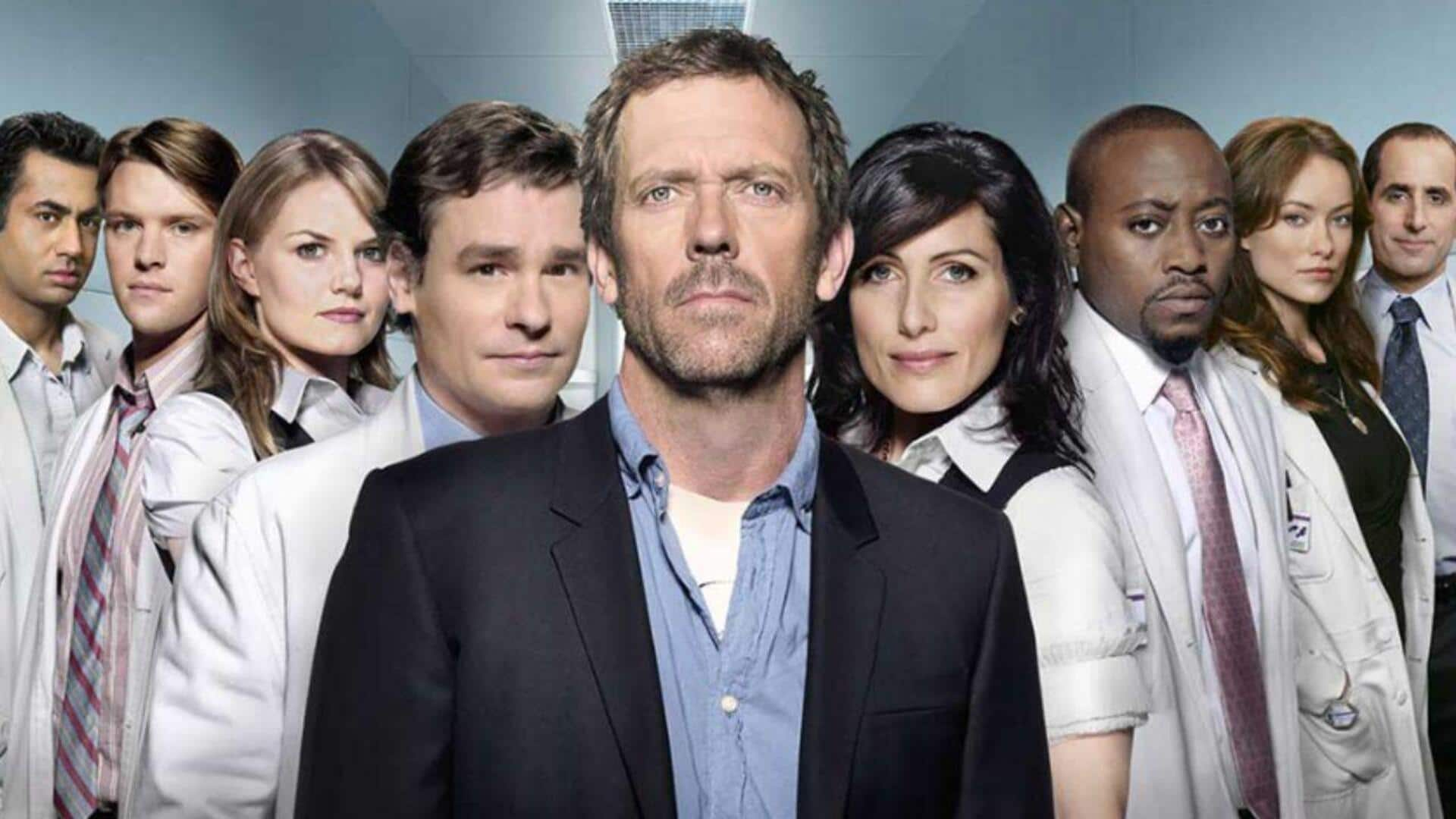
5 ways 'House' nailed the reality of medical diagnostics
What's the story
The television series House is famous for its captivating depiction of medical diagnostics. While the show is dramatized for entertainment, it does give a glimpse of how complex and difficult the task of diagnosing a disease is for medical professionals. It emphasizes the need for critical thinking, teamwork, and persistence to crack medical mysteries. Here are a few areas where House gets it right, and how these contribute to effective patient care.
#1
Emphasis on differential diagnosis
Differential diagnosis is a cardinal concept of medicine that involves differentiating a particular disease from other diseases with similar symptoms. This is what House revolves around every single episode. The show realistically portrays how doctors have to keep multiple possibilities in mind before reaching a final diagnosis. This way, all potential causes are accounted for, thereby reducing the risk of misdiagnosis and improving patient outcomes.
#2
Importance of team collaboration
In House, the diagnostic team is pivotal in cracking tough cases. The show beautifully showcases how working together with specialists can result in a more accurate diagnosis. Each member of the team has their own expertise and opinion, which is necessary to spot a rare or weird disease. This team effort is very similar to what happens in real life.
#3
Role of advanced technology
The use of advanced technology in diagnostics is another thing that House gets right. The show often features cutting-edge imaging techniques and laboratory tests that help identify diseases. These technologies are integral to modern medicine, enabling doctors to quickly and accurately gather detailed information about a patient's condition.
#4
Value of persistence and creativity
Persistence and creativity are also hallmarks of Dr. House's character throughout the show. His constant search for answers often results in breakthroughs in tough cases. This mirrors real-world cases where doctors have to think out of the box when standard methods fail to deliver answers. Such persistence can prove vital in unveiling hidden or rare conditions that may otherwise go undetected.
Tip 5
Ethical considerations in diagnostics
Ethics is critical to medical diagnostics, as House aptly illustrates. The series frequently delves into ethical dilemmas doctors encounter with tests or treatments in uncertain or resource-constrained scenarios. From these fictitious problems emerge real-life healthcare challenges, demanding patients's welfare, autonomy, and justice be weighed against each other. This highlights the importance of ethics in decision-making, shaping how patients are treated around the world.